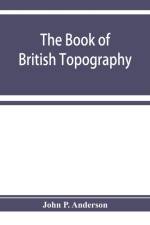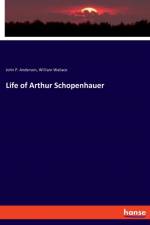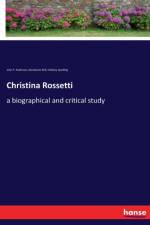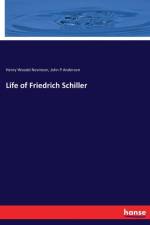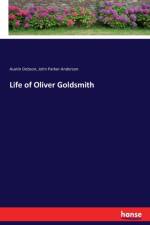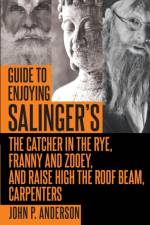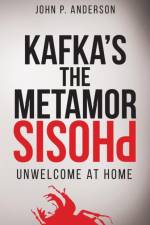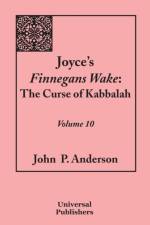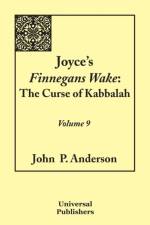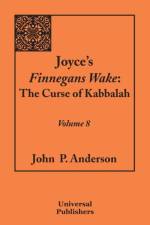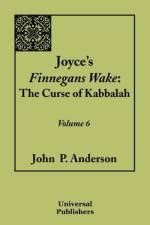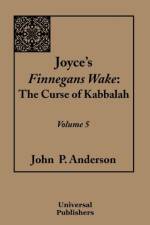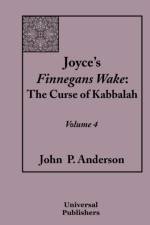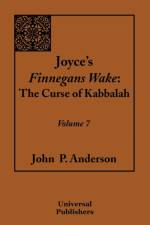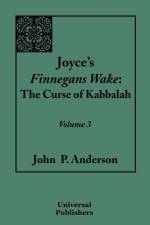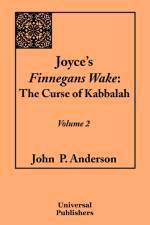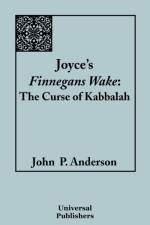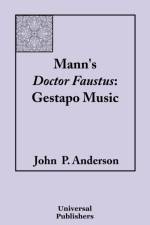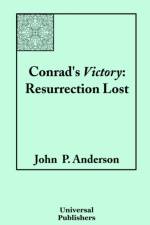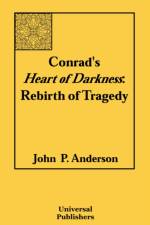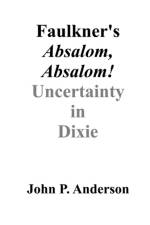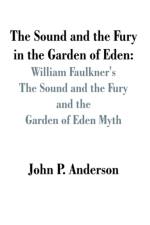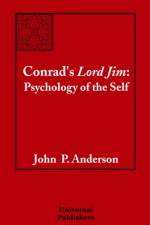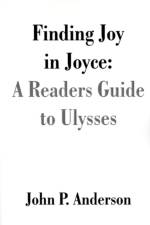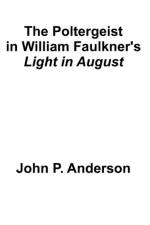- The Curse of Kabbalah Volume 5
von John P Anderson
43,00 €
This fifth in a series continues this non-academic author's attempts to decode on a word-by-word basis all of Joyce's Finnegans Wake. This volume covers chapter 2.2, generally considered the most difficult of chapters, with the intent to explore Joyce's novel as an art object. This difficult chapter takes us through the human psychosexual journey of the first 12 years. This journey, critical to the development of the full human spirit, is a pothole-ridden ride from infant dependency at the breast to breezy adolescent independence in puberty, from the stroller to the "hot rod." This Freud induced chapter flags the pot holes along the way and the flats they can cause. The goal of the journey is independence and new possibilities while the flats cancel the trip and the child stays at home. This chapter is known as the "Night Lessons." These Lessons are Night Lessons because they are designed to maintain the night, the darkness that prevents access to the new and previously unknown. These lessons condition their students to lose interest in the realm of the unknown where new possibilities await discovery. As we learn at the end of the chapter, fear of death is the ultimate Night Lesson. Death is the Big Flat. This is TZTZ god school--stay in the dark, stay in the known and stay in the past. Study only what was known in the past. Study each subject separately without regard to connection across subject boundaries. Wear my school uniform, concern for the opinions of others. Stay separated and protected from new possibilities. Stay in the old, in "yesternight." This chapter brings us three courses in the TZTZ effort to protect the known and old from the new: restriction of the enjoyment by children of their early libido experience, choice and organization of knowledge as fed to children, and the allowable relationship of the human soul to god. So the subjects are sex, knowledge and the relation to god. If you think that sounds like Eve's adventure in the Garden of Eden, you are right. The subliminal Lesson Plan in TZTZ god school is to stall and fix psychosexual development in an early and undeveloped stage, teach only and maintain strict boundaries between the old subjects of study, and prevent mankind's direct approach to ES god. As we shall see, this means separation, separation, separation. The Joyce Tikkun tutorial tries to mend together these important areas of human concern. The connecting threads are like the human developments in puberty: increased freedom and courage to unify with those separated off as other from self and the family, the already known. This Joyce effort aims to increase the portion of the united nature of ES god that humans reach in these areas: puberty liberated libido attraction to non-family members, thinking across disciplines and new thoughts, and by reaching for god. In this chapter, the union of man and woman beyond the family is the sacrament of increased possibilities.

